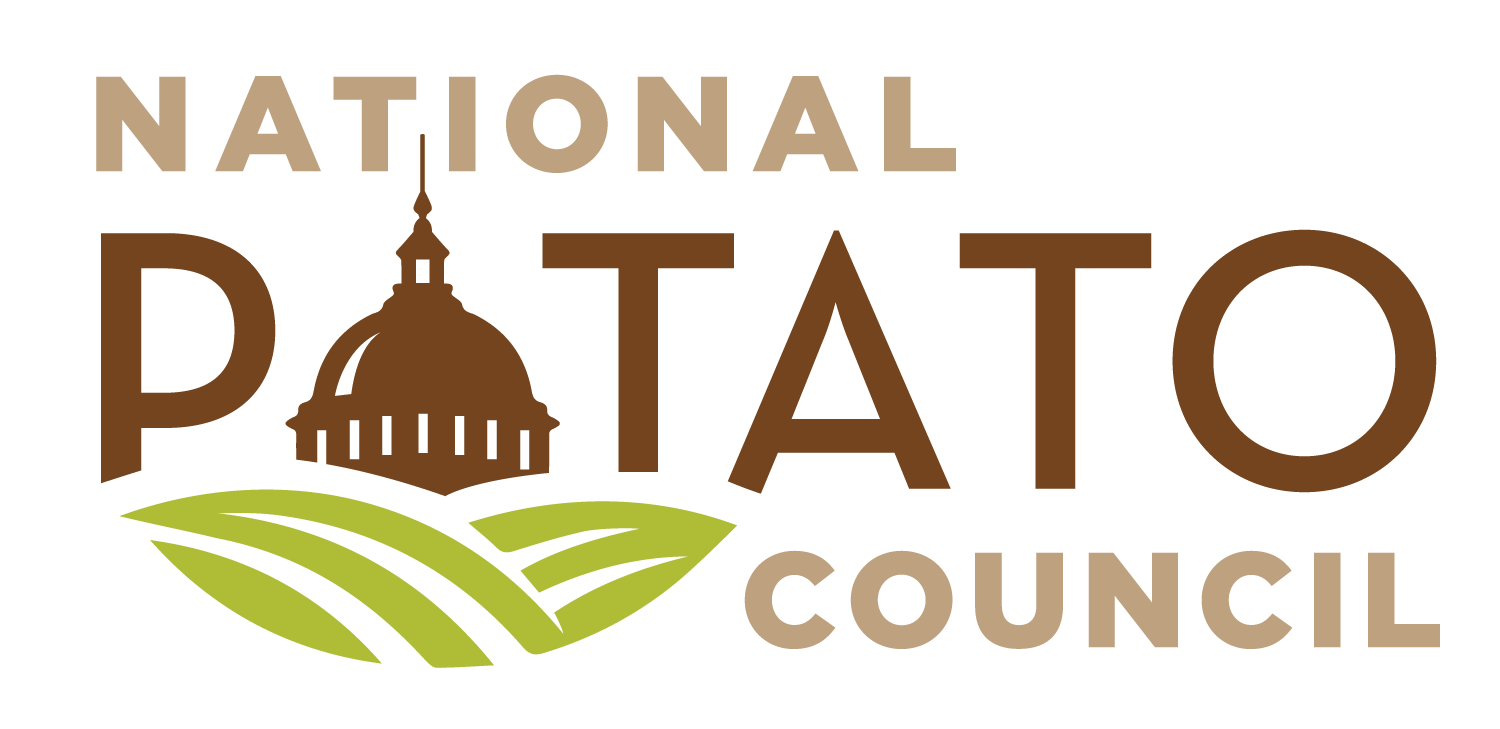“Potatoes are horticulturally a vegetable.”

The National Potato Council submitted written testimony to the 2025 Dietary Guidelines Advisory Committee – a panel of nutrition and public health experts created to inform the federal government’s next update to the Dietary Guidelines for Americans (DGA) – before its fourth public meeting held earlier today.
While the committee considers a proposal to change the classification of potatoes to something other than a vegetable, which would significantly impact how potatoes are treated in federal, state, and local nutrition programs, NPC reminded the group that, “Potatoes are horticulturally a vegetable.” They also argued that as a source of essential nutrients in the diet, potatoes should be maintained in the vegetable category within dietary recommendations.
In addition to being scientifically and horticulturally a vegetable, “their nutrient benefits align with most closely with vegetables,” wrote NPC. “Specifically, potatoes provide a source of essential nutrients, including vitamin C, vitamin B6, dietary fiber and magnesium, and iron, as well as important phytonutrients. One medium (5.3 oz.) potato with the skin provides 620 mg of potassium (a “good source” based on the daily value), 27 mg of vitamin C (an “excellent source” based on the daily value), 0.2 mg of vitamin B6 (a “good source” based on the daily value) and 2 grams of fiber per serving. As the DGAC advances the work on food pattern modeling and considers recommendations within the DGAC report, potatoes should be maintained in the vegetable category within dietary recommendations.”
The letter also noted that increased potato consumption should be encouraged since potatoes serve as a “springboard” vegetable. “Research shows that serving potatoes can encourage individuals to eat other vegetables when paired together on the plate. Conversely, any decrease in recommendations for servings of potatoes could potentially decrease vegetable consumption further.”
The full letter can be found here.

